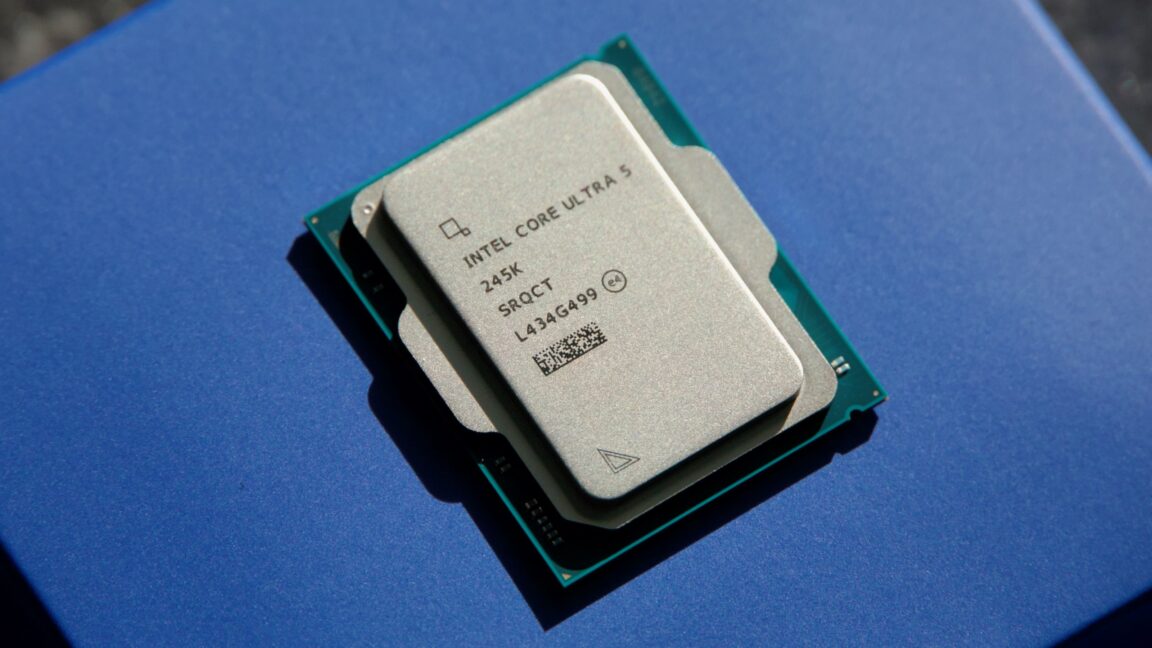Fashion
How Shein and Temu are using ‘dark patterns’ to drive holiday sales

Fast fashion platforms including Shein, Temu, and AliExpress continue to use dark patterns to keep consumers engaged and drive sales. Including misleading discounts, urgency-inducing timers and gamified elements like “Lucky Draws” and “Shake & Win,” dark-pattern tactics are designed to encourage quick, often impulsive purchases.
For its part, leading up to Black Friday, Shein offered up to 60% off and free shipping, and encouraged first-time buyers to engage with a slot-machine-style graphic for a chance to win £200 ($250) “gifts,” or credit toward purchases. Meanwhile, Temu used “1/2 Price” sales and “Almost Sold Out” tags to fuel urgency around purchasing decisions. And AliExpress offered mobile customers 90% off discounts, the opportunity to receive discounts by shaking their phone and “Team Up & Get Cashback” opportunities, promising up to £400 ($500) for shopping or sharing deals with friends.
The Netflix documentary “Buy Now!” which came out on November 24, explores how dark patterns used by e-commerce players including Shein and Temu manipulate consumer behavior. The techniques are used to impulse drive impulse purchases by using gaming and exploiting psychological triggers like FOMO. According to a 2022 report by the European Commission, 97% of the most popular shopping apps and sites use at least one dark pattern.
However, the use of these tactics has increasingly come under scrutiny. Last year, the FTC took action against Amazon for enrolling customers into Amazon Prime without clear consent, using pre-selected checkboxes and confusing language. While this case isn’t a “dark pattern,” in the traditional sense of urgency or gamification, it falls under the same category of practices that intentionally obscure consumer choice or trick them into committing to something they didn’t fully agree to. Amazon was forced to pay $25 million in refunds to affected consumers and implement clearer consent processes for Prime sign-ups moving forward.
While U.S. regulations like the FTC Act, Restore Online Shoppers’ Confidence Act (ROSCA) from 2010 and California Consumer Privacy Act (CCPA) from 2020 have made progress in addressing dark patterns, they have not stopped these practices, especially in fast fashion. The lack of consistent enforcement and gaps in the laws allow companies to continue using deceptive tactics, though proposed bills like the Banning Dark Patterns Act introduced in 2021 could provide stronger protections if passed. According to the FTC’s 2022 report, dark patterns are used by retailers to promote false urgency.
“The problem with dark patterns is that they play on people’s emotions, creating a sense of urgency or a fear of missing out,” said Neil Saunders, managing director of data analysis company GlobalData. “It’s a very powerful tool, and it’s no surprise that Shein and Temu are using them to their advantage during high-stakes periods like Black Friday.. … The way these sites gamify the experience, whether through instant ‘prizes’ or countdowns to deals, makes it hard for consumers to think logically about whether they really need the item or if they’re simply being pushed into a purchase.”
Geopolitical tensions and trade policy changes could affect how these largely Chinese platforms operate. Donald Trump has already pledged to impose a 25% tariff on “all products coming into the United States” from Mexico, Canada and China, according to his November 25 post on Truth Social, contingent on both countries taking more action to address illegal migration and drug trafficking. Increased tariffs could force these platforms to raise prices, disrupting the deep discounting strategies that have fueled their success. Added to the tariffs is the Biden-Harris Administration’s proposed tightening of de minimis regulations announced, in September. The change would impact the operations of Shein and Temu, which rely on the $800 duty-free exemption for low-value imports.
“What you’re seeing is a race to the bottom, in terms of pricing and marketing tactics,” Saunders said. “The more these companies push these strategies, the more they’ve got to do to retain attention, and the more aggressive they get with pricing and urgency tactics. The problem is that they’ve conditioned consumers to expect steep discounts and instant gratification, and if those things are taken away or limited due to external factors like tariffs or regulations, it’ll have a big impact on sales and brand loyalty.”
A November 21 financial report from PDD Holdings, which operates Temu and online retailer Pinduoduo, showed a 44% annual revenue jump, missing analyst expectations. “Our topline growth further moderated amid intensified competition,” said Jun Liu, vp of finance at PDD, in a statement. In October, Shein also reported slowed growth, with its revenue increase dropping from 40% last year to 23% in the first half of 2024, partly owed to rising competition from Temu.
“If you’re engaged in a price war, there can only ever be one winner, and that’s the lowest-price retailer,” said Saunders. “Shein and Temu are in a race against time. These dark patterns work well now, but they may not be sustainable.”










